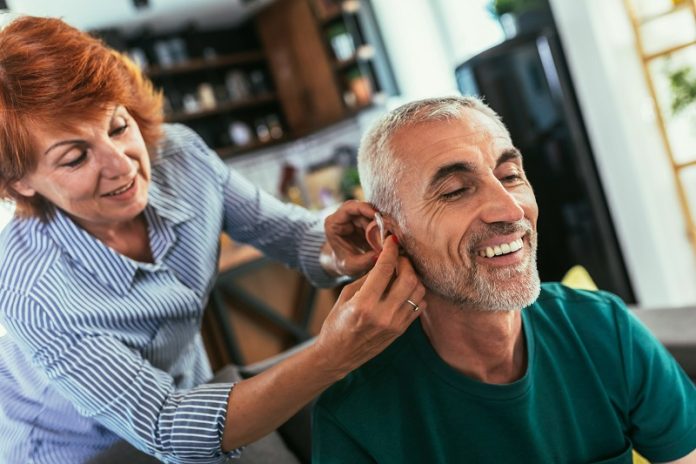
New research from the University of Geneva has revealed that hearing loss, when combined with feelings of loneliness, can significantly speed up memory decline in older adults.
Even if someone is not socially isolated, simply feeling lonely while also having trouble hearing may be enough to increase their risk of cognitive decline.
Hearing loss is a common issue that affects more than a quarter of people over 60. It can make everyday life more difficult by reducing alertness, creating communication problems, and leading to social withdrawal.
According to the World Health Organization, by 2050, around 2.5 billion people around the world will experience hearing problems.
On its own, hearing loss already increases the risk of cognitive decline by two to three times.
This new study shows that the problem becomes even more serious when loneliness is added into the mix.
Researchers from the Lifespan Developmental Psychology Lab and the Cognitive Aging Lab at the University of Geneva studied data from 33,000 adults aged 50 and over across 12 European countries, including Switzerland.
The data came from the SHARE project—a long-term research effort that began in 2002 to track the health, social lives, and cognitive abilities of older adults across Europe.
Participants were regularly surveyed about their daily activities, social networks, and feelings of loneliness. They also completed memory and other cognitive tests.
The research team grouped participants into three types: those who were both socially isolated and felt lonely, those who felt lonely but were not socially isolated, and those who were isolated but did not feel lonely.
What stood out was the group who felt lonely but were not socially isolated. Among this group, those with hearing loss showed the fastest decline in memory over time.
This suggests that loneliness, even without physical isolation, can be harmful to brain health—especially when combined with hearing difficulties.
According to the researchers, these findings highlight the importance of early and preventive hearing care.
For people who are already part of a social network but feel disconnected due to hearing problems, using hearing aids or other interventions could help them stay engaged and mentally sharp.
By addressing both hearing issues and emotional wellbeing, we may be able to slow down memory loss in older adults.
Simply improving hearing could remove a major barrier to social connection and help protect brain health in later life.
Source: University of Geneva.



